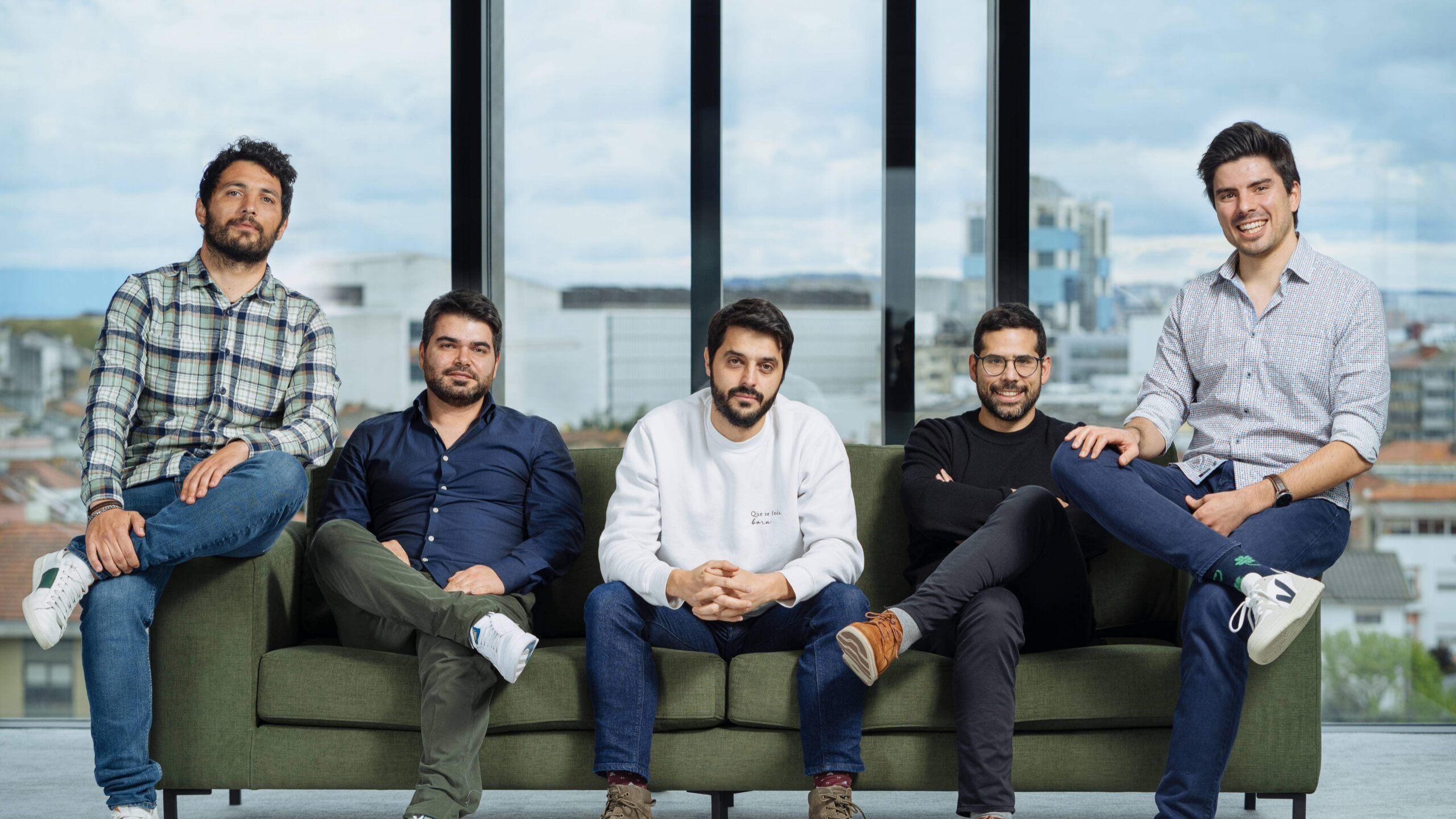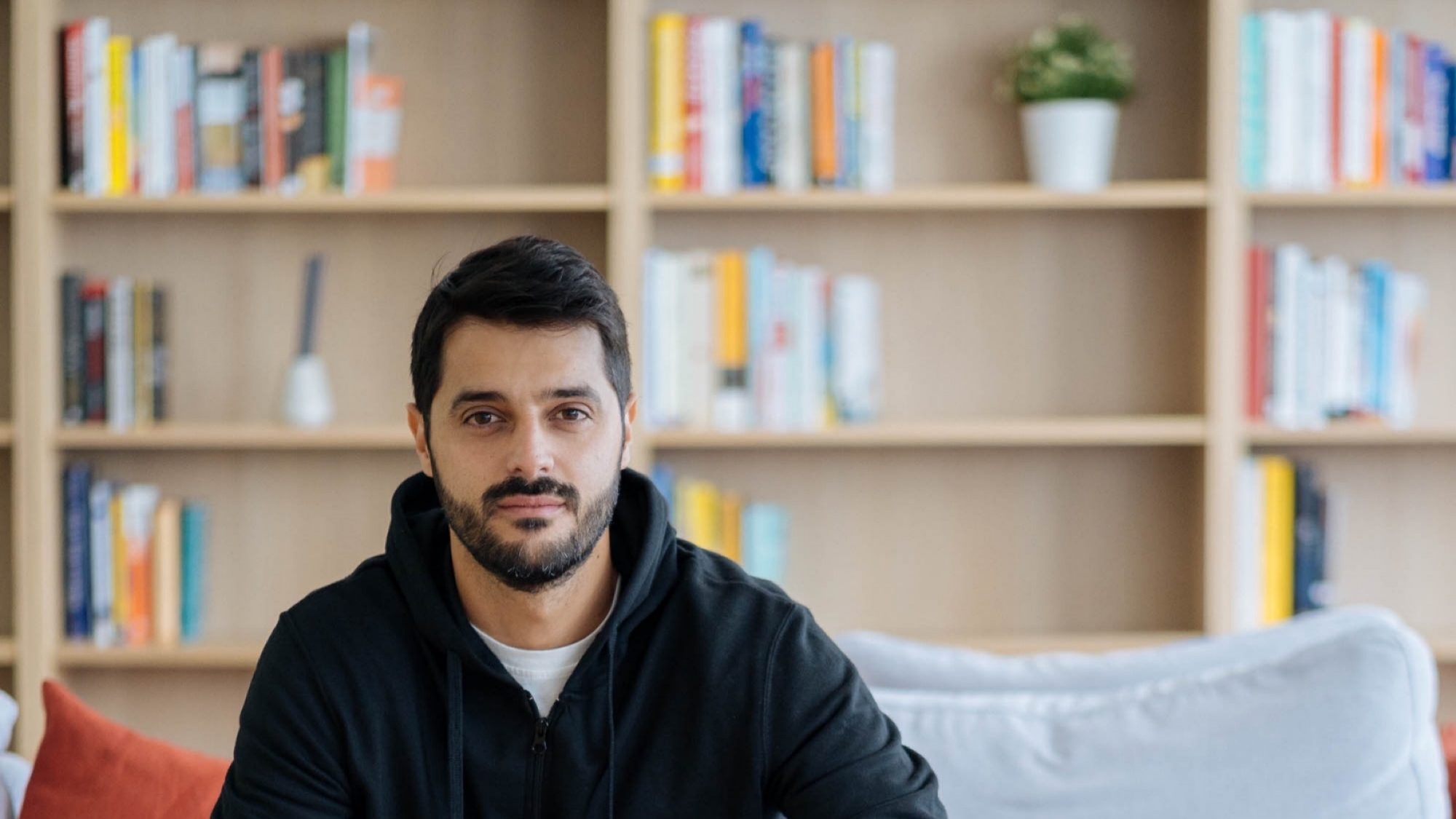Sword Health. Court rejects Virgílio Bento’s request not to be judged in California
Virgílio Bento claimed that the San Francisco court had no jurisdiction to try him in the case between Sword and the American A2 Academy. The judge didn't agree and the case might go ahead.
It’s a legal battle that has only just begun, but the overwhelming majority of court rulings in San Francisco so far indicate that the case between the American A2 Academy and the Portuguese Sword Health should go to trial. One of the decisions already made by Judge Christine van Aken is that the San Francisco Superior Court, where the complaint against Sword was filed, is competent to judge Virgílio Bento, CEO of the Portuguese unicorn.
The American company A2Academy filed a lawsuit against Sword Health in the United States, accusing the company of not honouring an agreement that gave it 5% of the shares in the company founded by Virgílio Bento, currently valued at more than 3 billion dollars.
The agreement underlying the dispute dates back to 2014, but the lawsuit was only filed in July last year, according to court records consulted by ECO. Since then, the case has seen several developments, with various requests from the parties and decisions by the judge.
One of the most important was the court’s ability to pass judgement on Virgílio Bento, the Portuguese founder of Sword Health, who is targeted in this action along with the company – both the Portuguese unit and the US one, based in the state of Delaware.
Bento contested that the court would have “personal jurisdiction” to try him, since he does not reside in the United States, has no establishments in California and, in his opinion, the facts alleged by the plaintiffs specifically attribute jurisdiction to the court in question in relation to his person.
“Bento has little or no connection with California. Bento lives and is based in Portugal. He has never resided or had a domicile in California, does not own or rent any property in California, nor does he maintain a postal address, bank account or telephone number in California. He has never paid, nor been required to pay, any taxes in California”, can be read in his legal argument.
The same source argues that the plaintiffs’ rights would not be penalised in any way by this excuse, even if they were proven right. And that the need to travel to California to defend themselves would be unfairly time-consuming and expensive.
However, in a decision dated 28 January, the Californian court was clear: the motion filed by Sword’s CEO was “denied”. Judge Christine van Aken considered that there is sufficient evidence to support that she has jurisdiction over the Portuguese businessman, since some of the facts at the origin of the case took place in California and that’s where those responsible for A2 Academy were based when they had contact with Virgílio Bento.
The judge also disagrees that it would be unfair to try the Portuguese businessman in San Francisco. “Bento, however, is also a sophisticated co-founder and director of two global corporations, one of which is incorporated in the United States, and he has travelled to California in the past to grow his business”, the judge argues, adding that “Bento has not demonstrated that the exercise of personal jurisdiction over him would be unfair.”
“Moreover, California has an interest in regulating unlawful conduct that affects its businesses, and plaintiffs have an interest in holding Bento personally liable for allegedly unlawful conduct” the ruling reads.
But this was not the only decision of this official. At this stage of the proceedings, the parties are still discussing with the court which allegations can be advanced to a possible trial stage, which may not even take place (for lack of sufficient grounds for the complaint or if the parties reach an agreement, for example).
The defence of Sword and Virgílio Bento has been particularly active during this period, trying to expose weaknesses in the plaintiffs’ arguments before the court or questioning the qualification of the alleged facts. However, in a ruling on 20 February this year, the judge rejected most of these arguments, admitting the viability of A2 Academy’s points, namely those that seek to strengthen Sword’s allegations of fraud. It should be noted that, at this stage, there is no definitive analysis of the evidence, which will only be done at the trial, if it reaches that stage.
On one point, the judge ruled in favour of Sword, forcing the plaintiffs to amend their initial document. This is because the main issue at stake is whether or not the alleged irregularities are time-barred. A2 claims that the statute of limitations should only begin to run from the moment the American company learnt of the breach, which was only in 2022.
After Sword objected, the judge ordered the plaintiffs to amend part of the content of their complaint to explain this gap between the signing of the agreement, the ‘normal’ statute of limitations for the alleged irregularities (in 2018) and the filing of a lawsuit (2024). “Plaintiffs must allege any facts in their possession showing that they could not have known or had no duty to know of the alleged breach of contract within the period” before the statute of limitations.
A session between the parties and the judge is scheduled for 23 April to determine the next steps in the case. We are now entering the so-called Discovery phase, in which the parties share with each other the documents and evidence they have and what they are going to argue at the trial stage.
The origin of the dispute
The case originated in 2014, when Sword Health, wanting to develop faster and gain knowledge of the US market, applied for a programme at the Aging2.0 Academy, focused on early-stage companies with products or services for people over 50.
Sword was selected, along with other companies, to take part in this mentoring and acceleration programme, and to this end signed a contract with Aging2.0 Academy, now known as A2 Academy, which provided for the delivery of 5% of the company’s capital to the American company: half of these shares when the agreement was signed, and the remaining 50% over the following year, in monthly “instalments”, according to the terms of the agreement, consulted by ECO.
Neither Sword nor the authors of the complaint responded to ECO’s requests for comment.

